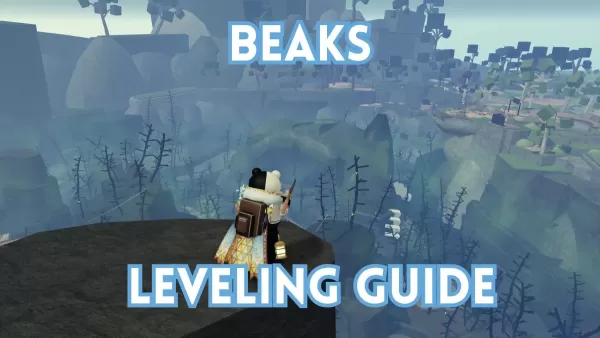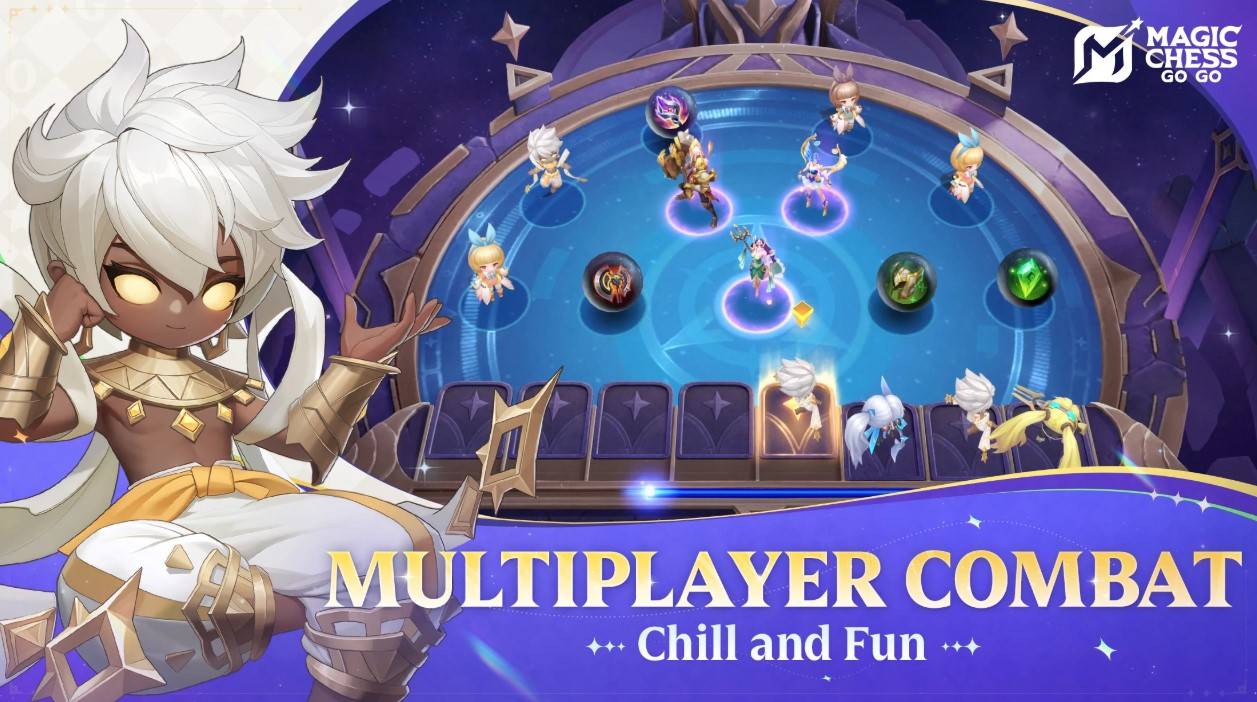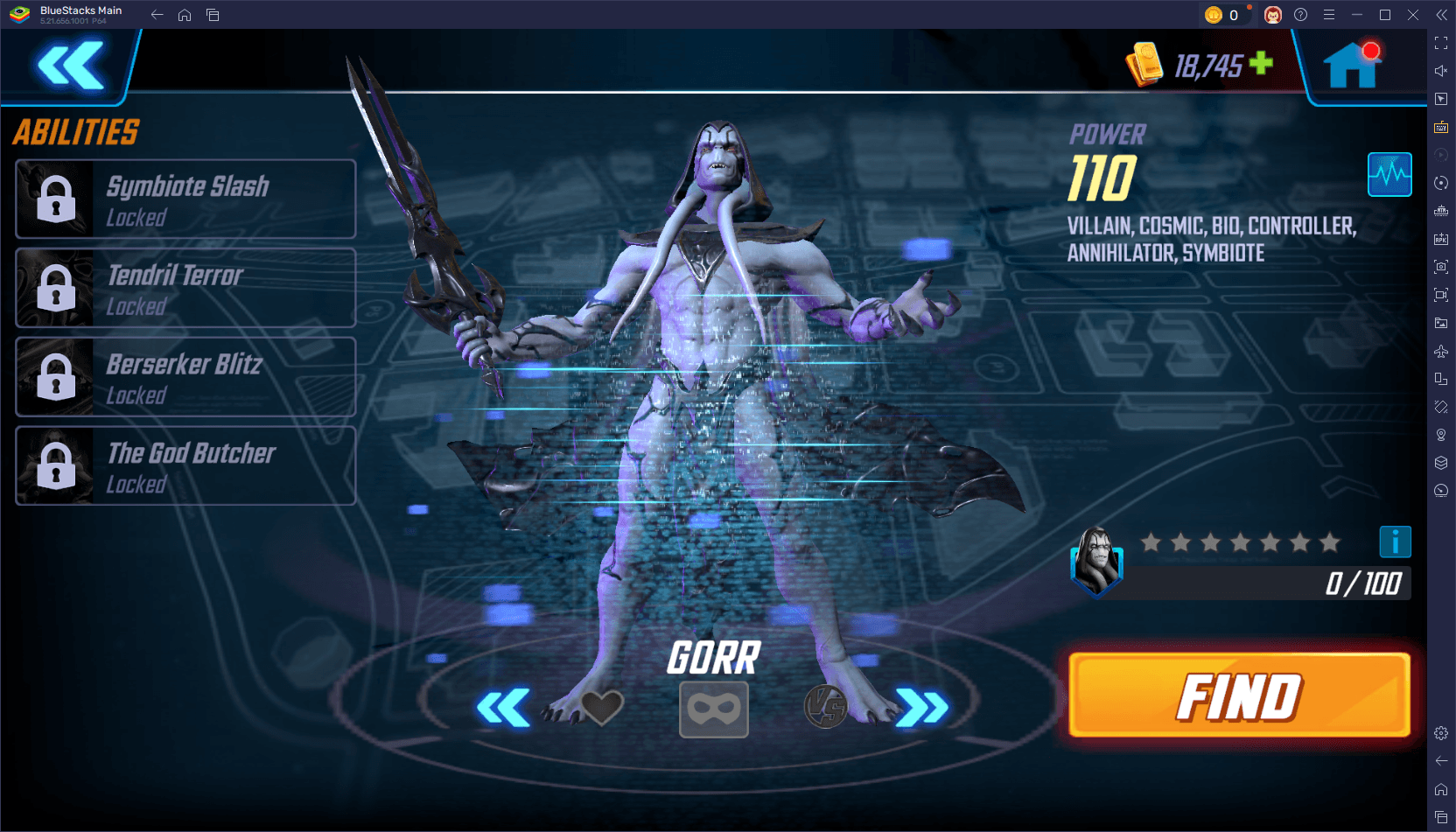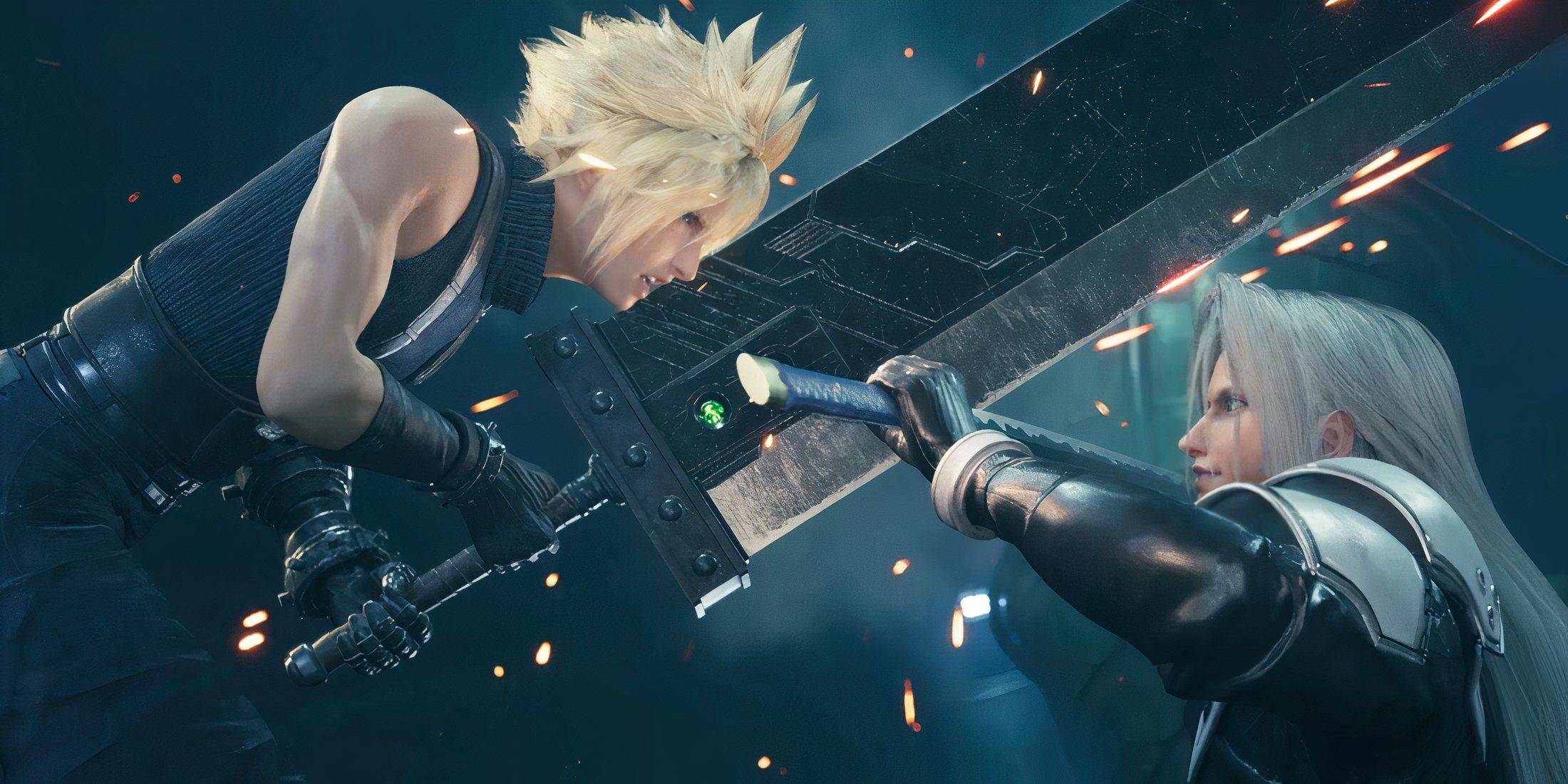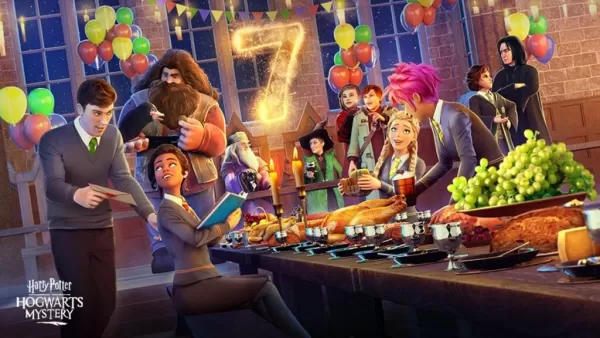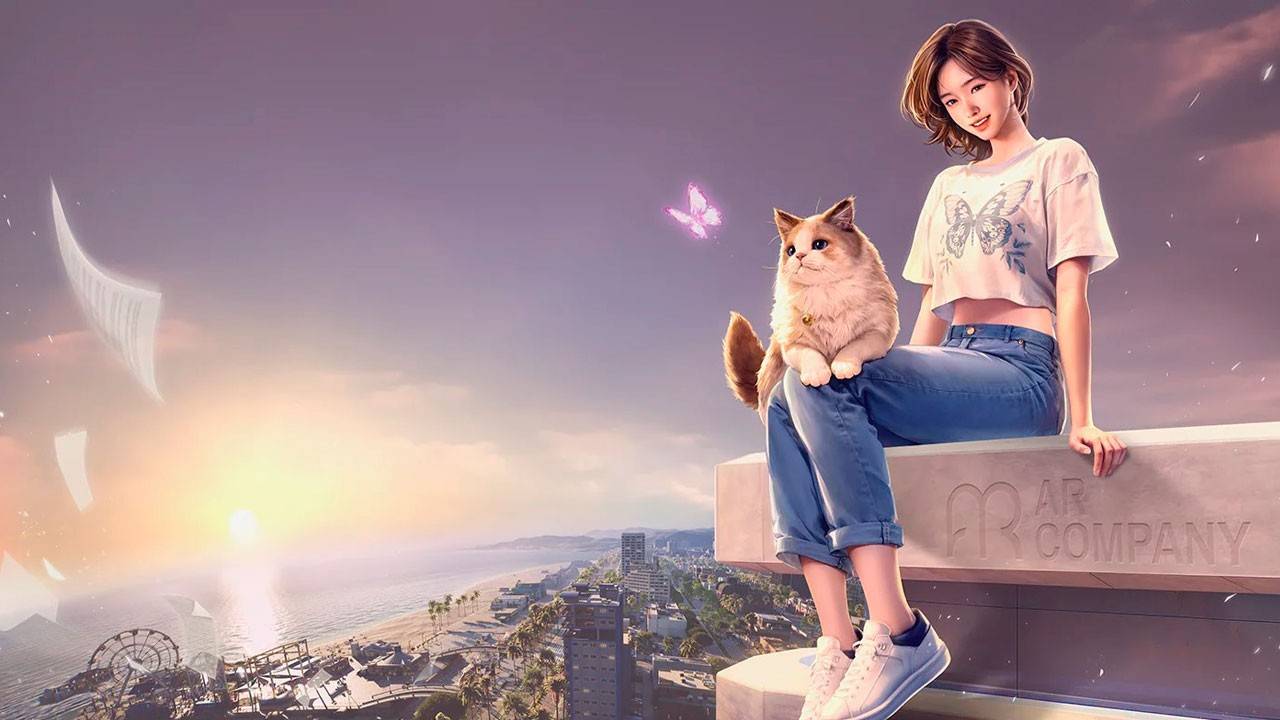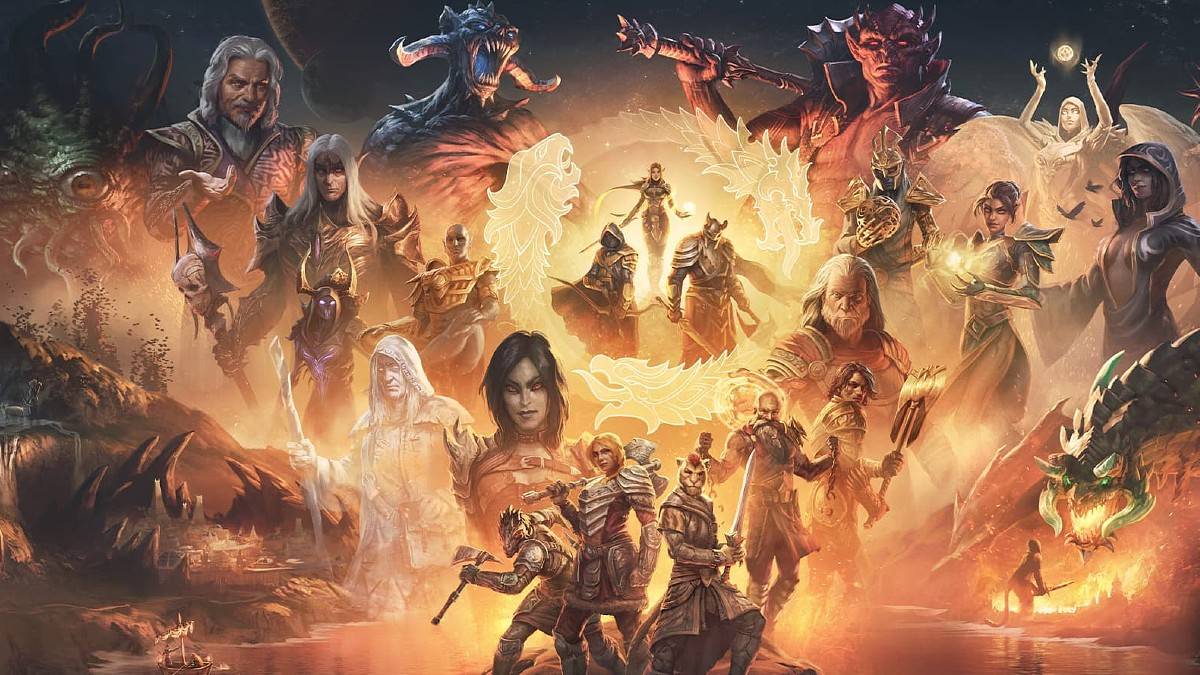Microsoft's recent endeavor to create an interactive space inspired by Quake II using AI has ignited a lively debate across online communities. Utilizing Microsoft's Muse and the World and Human Action Model (WHAM) AI systems, the demo showcases the potential of AI to dynamically generate gameplay visuals and simulate player behavior in real-time, effectively creating a semi-playable environment without relying on a traditional game engine.
Microsoft describes the demo as a real-time tech showcase where Copilot dynamically generates gameplay sequences inspired by Quake II. Each player input triggers the next AI-generated moment, mimicking the experience of playing the classic game. The company emphasizes that this demo is a pioneering step toward a new way of interacting with games, offering a glimpse into the future of AI-powered gameplay experiences.
However, the reception of the demo has been less than enthusiastic. After Geoff Keighley shared a video of the demo on social media, the response was overwhelmingly negative. Many gamers expressed concerns about the future of AI in gaming, fearing that it might lead to a decline in the human element of game creation. Critics worry that if AI becomes the easier option, studios might prioritize it over human creativity, potentially leading to a market flooded with AI-generated content that lacks the depth and originality of human-crafted games.
Some users on Reddit voiced strong opposition, with one stating, "Man, I don't want the future of games to be AI-generated slop," highlighting a broader anxiety about the commodification of gaming experiences. Another user critiqued Microsoft's ambition to build a catalog of games using this AI model, questioning the technology's current limitations and its potential to produce engaging and coherent gameplay.
However, not all feedback was negative. Some users appreciated the demo as a step toward future possibilities, acknowledging the impressive feat of AI creating a coherent and consistent world. They viewed it as a tool useful in the early concept or pitching phase rather than a finished product, suggesting potential applications beyond gaming that could benefit from such technology.
Epic Games' Tim Sweeney offered a succinct response to the demo, reflecting a mixed reaction within the industry itself.
The debate around generative AI in gaming is part of a larger conversation within the entertainment industry, which has seen significant layoffs and is grappling with ethical and rights issues related to AI. While some companies, like Keywords Studios, have faced challenges in using AI to create games, others, such as Activision, continue to explore its use in asset development. The backlash against AI-generated content, such as the "AI slop" zombie Santa loading screen in Call of Duty: Black Ops 6, underscores the tension between innovation and audience satisfaction.
Moreover, the use of AI in gaming has broader implications, as evidenced by Horizon actor Ashly Burch's comments on an AI-generated Aloy video, which she used to highlight the concerns of voice actors and the impact of AI on their profession.
In summary, Microsoft's AI-generated Quake II demo has sparked a significant discussion about the role of AI in gaming. While some see it as a promising glimpse into the future, others are wary of its potential to undermine the human creativity that has long defined the industry.




